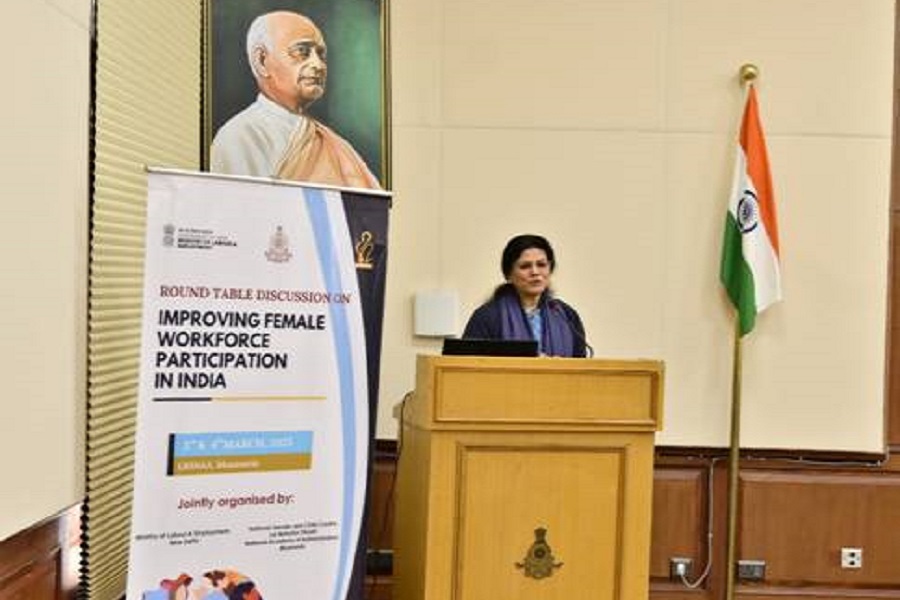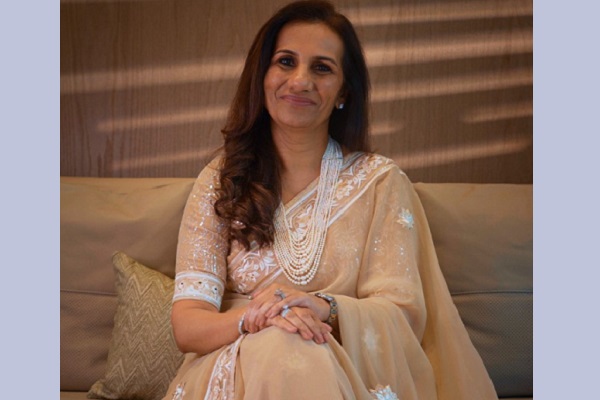Women in Leadership: Breaking Barriers in Politics and Business

The role of women in leadership has transformed dramatically over the past few decades. Once confined to limited positions in politics and business, women are now taking center stage as decision-makers, innovators, and visionaries. This shift has not only changed the way organizations and governments operate but has also inspired a new generation to believe that leadership is not defined by gender but by capability, vision, and determination.
Breaking Barriers in Politics
In politics, women have made remarkable strides worldwide. Leaders such as Angela Merkel, Jacinda Ardern, Kamala Harris, and Sanna Marin have demonstrated that women bring fresh perspectives to governance. Their leadership styles often emphasize collaboration, inclusivity, and long-term sustainability. Women in political positions also tend to prioritize issues like education, healthcare, and social welfare, areas that have a direct impact on communities.
However, the journey has not been without challenges. Many women face gender bias, cultural barriers, and unequal representation in political offices. Despite these hurdles, women continue to push boundaries, proving that strong leadership is about vision and integrity rather than stereotypes. The growing number of women in parliaments and cabinets across the world reflects the progress that has been made, though there is still a long road ahead to achieve equal representation.
Rising in Business Leadership
In the business world, women are increasingly visible as CEOs, entrepreneurs, and board members. Figures like Indra Nooyi, Mary Barra, and Gita Gopinath highlight how women are leading global companies and financial institutions with remarkable success. Women leaders often excel in building inclusive workplaces, driving innovation, and fostering resilience in times of crisis.
Still, the corporate ladder remains steep. Women often face the “glass ceiling,” unequal pay, and underrepresentation at executive levels. Yet, more companies are recognizing the importance of gender diversity in leadership, not only as a matter of fairness but as a driver of better business outcomes. Studies consistently show that organizations with women in leadership roles tend to perform better financially and socially.
The Way Forward
The progress of women in leadership is a testament to their resilience, skills, and ability to challenge outdated norms. Encouraging more women into leadership roles requires mentorship, policy support, and cultural change. Equal access to education, professional opportunities, and a supportive environment can ensure that future generations of women leaders thrive even more.
As more women step into politics and business leadership, the barriers that once seemed insurmountable are steadily falling. The world is witnessing a new era where leadership is being redefined—where vision, empathy, and inclusivity stand side by side with strength and strategy.
























